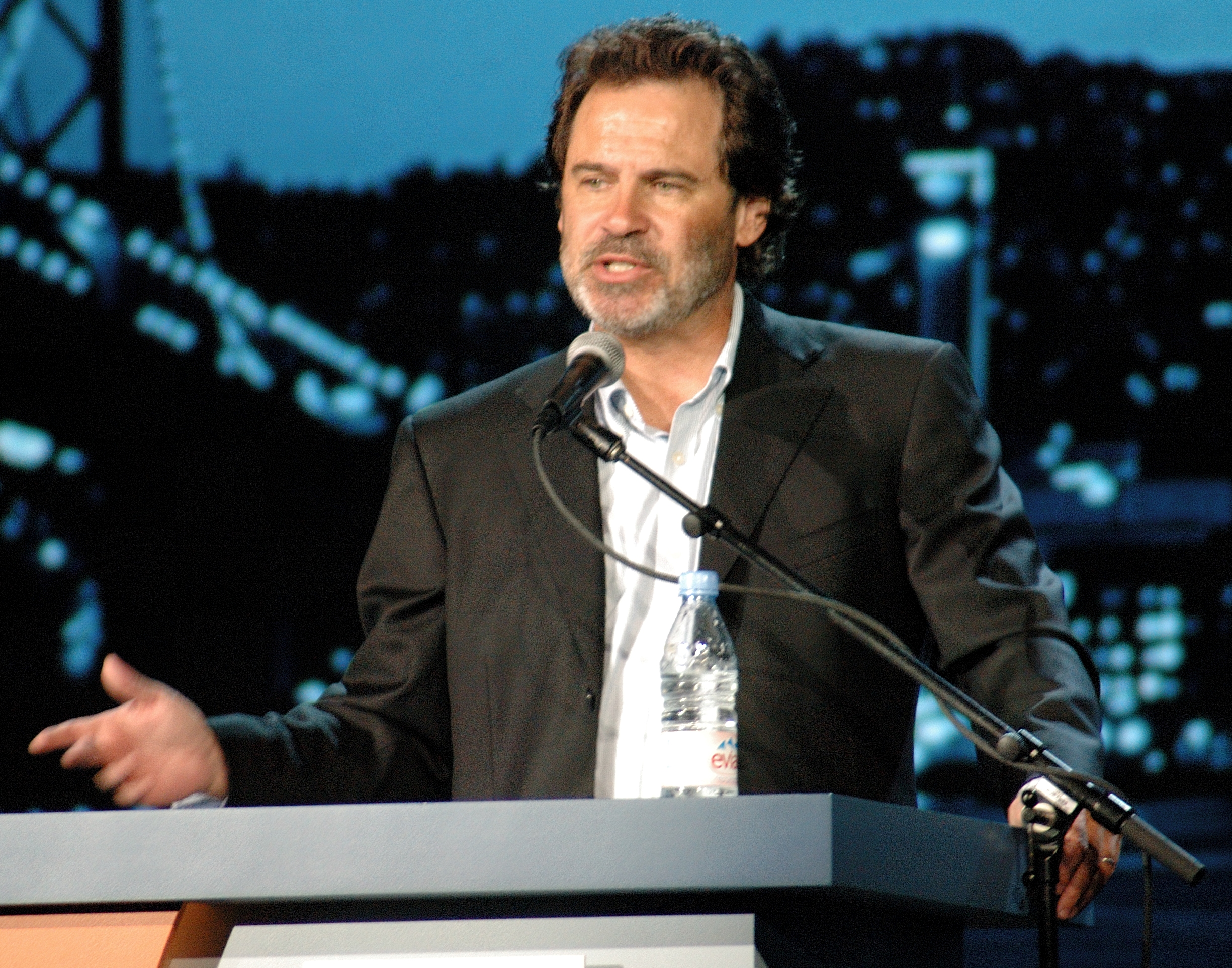The owner of the Fresno Grizzlies needs money.
That’s the gist of the Grizzlies’ 2016 financial statement prepared by the accounting firm Moss Adams LLP.
The statement’s implied message: City Hall, get ready for trouble.
The Grizzlies are owned by Fresno Baseball Club, LLC. An annual financial statement is prepared for the city by an outside auditor. City Hall Communications Director Mark Standriff sent me a copy late Thursday afternoon.
The Grizzlies had a net loss of $1,741,526 in 2016, according to the statement.
As CVObserver reported last July, the Grizzlies’ net loss in 2015 was $1.3 million.
I give you Note 3 of the Moss Adams statement for 2016. It is titled “Going Concern.”
“As shown in the accompanying financial statements, the Club incurred a net loss of approximately $1,700,000 during the year ended December 2016, and as of that date, the Club’s current liabilities exceeded its current assets by $6,000,000. These factors create uncertainty about the Club’s ability to continue as a going concern. Management of the Club has evaluated these conditions and determined that capital contributions from its members during 2017, combined with certain operating changes, would alleviate this uncertainty. In addition, the Club does not anticipate making repayments on existing notes payable to its members. Operating changes in 2017 include a new concessions agreement and changes in ticket prices. Furthermore, the Club has contracted with a broker to market the team for potential investors. Subsequent to year-end, members made capital contributions of approximately $320,000 to assist the Club in meeting its current obligations.”
Anyone who followed City Hall’s own money woes in 2012-2013 knows that a “going concern” paragraph from your accountant is less than ideal news.
The statement’s Note 2 is titled “Known Departure From Accounting Principles Generally Accepted In The United States.”
Note 2 begins with an explanation of a “variable interest entity,” or VIE. I understand a VIE to be something along the lines of a subsidiary.
The VIE in Fresno Baseball Club’s case is Fresno Soccer Club, LP, which owns a big piece of the Fresno Fuego soccer team.
In some cases, a VIE’s financial statement is consolidated into the statement of the parent company, or primary beneficiary. Fresno Baseball Club chose not to do any such consolidating.
Note 2’s second paragraph: “The Club has determined that Fresno Soccer Club, LP is a variable interest entity due to a lack of sufficient equity at risk. In addition, the Club has determined that it is the primary beneficiary of Fresno Soccer Club, LP since it has the power to direct the activities of Fresno Soccer Club, LP that most significantly impacts Fresno Soccer Club, LP’s economic performance. The activity for making this determination (has) primarily been determined to be the significant amount the Club has advanced to the Fresno Soccer Club, LP over the past several years. At December 31, 2016, the Fresno Soccer Club, LP owed the Club $936,916…. Management has elected not to consolidate the Fresno Soccer Club, LP.”
I circled back to the financial statement’s cover letter to get the significance (in the eyes of Moss Adams accountants) of the Grizzlies’ decision not to “consolidate” with the Fuego.
Under the heading “Basis for Qualified Opinion,” Moss Adams wrote: “As more fully described in Note 2 to the financial statements, the Fresno Baseball Club, LLC dba Fresno Grizzlies’ (‘Club’) financial statements do not include the accounts of Fresno Soccer Club, LP that the Club has determined is a variable interest entity and in which the Club holds a variable interest and is the primary beneficiary. In our opinion, the Club’s financial statements should include the accounts of Fresno Soccer Club, LP to conform with accounting principles generally accepted in the United States of America. Quantification of the effects of this departure from generally accepted accounting principles on the financial position, results of operations, and cash flows of Fresno Baseball Club, LLS dba Fresno Grizzlies is not practicable.”
“DBA” is “doing business as.”
Other than the Fresno Soccer Club issue, Moss Adams writes, the financial numbers delivered to City Hall in the report “present fairly, in all material respects, the financial position of Fresno Baseball Club, LLC dba Fresno Grizzlies as of December 31, 2016,….”
Moss Adams’ final paragraph in its cover letter is titled “Emphasis of Matter.” This paragraph states in part: “As discussed in Note 3 to the financial statements, the Club has short-term obligations that cannot be satisfied by available funds, which raises substantial doubt about its ability to continue as a going concern.”
The Moss Adams report notes that the Grizzlies’ stadium naming rights deal with the Chukchansi tribe ends in September 2021. That deal brings in $1 million a year.
The Grizzlies received about $697,000 in rent credits at the city-owned stadium. That meant the Grizzlies paid about $803,000 in rent. The Grizzlies received about $811,000 in rent credits in 2015.
The Grizzlies as of December 31, 2016 owed City Hall about $747,000 from collection of the Arts, Park, Entertainment, and Sports fee throughout the year. This fee is $1 per ticket at tenant-sponsored events.
The Grizzlies get rent credit for the money generated by city-controlled parking spaces during tenant-sponsored events. The Grizzlies in 2016 got about $114,000 in rent credits from parking. The amount was about $211,000 in 2015.
As I said at the beginning of this piece, the Grizzlies’ owner clearly needs money. The big question is whose wallet takes the hit – the baseball team’s investors, Fresno’s taxpayers, a new owner, or a combination of these risk-takers?
Mayor Lee Brand had a simple statement for me on Friday: “At this point in time, I cannot comment.”
It was Council Member Brand, as you may recall, who played the pivotal role some six years ago in crafting a renegotiated Grizzlies-City Hall lease. At the time, the Grizzlies owner said it was losing $2 million or more a year in large part because of the $1.5 million annual stadium rent. Among other things, the new deal cut the rent to the $750,000 range, depending on certain non-baseball performance standards by the team owner.
The Grizzlies and City Hall have played a game of financial chicken for nearly 20 years. It’s based on a simple conflict. City Hall says it needs every cent it can get from the Grizzlies to offset the cost of Chukchansi Park’s construction bond. The Grizzlies say every cent delivered to City Hall puts the team that much closer to bankruptcy, the worst possible scenario for city politicians worried about voter wrath.
I emailed Grizzlies President Chris Cummings on Saturday with a couple of questions.
I asked if he had any thoughts in general about the audit, and in particular about the “going concern” paragraph.
“Although we continue to work with the same auditing staff, our local accounting firm merged with a national accounting company and didn’t know the full history of the team,” Cummings wrote. “Based on the continued operating losses, their corporate people wanted to make a notation in the audit in order to be conservative. That being said, there is no difference between our status this year as opposed to past years. It does support our ongoing concern over the onerous lease terms. Also please note that we finally came to the end of the concession agreement that we inherited when we purchased the team. The new concession agreement will provide needed relief against some of the operating losses…not all of them but everything counts.”
I asked how he sees the 2017 season shaping up?
“The Houston Astros organization has very high hopes for our team this year,” Cummings wrote. “According to the analysis they shared with us in Spring Training, we have one of the top teams in all of Minor League Baseball and, in fact, we would be very competitive with a number of Major League Baseball teams.”
City Hall for the current 2016-2017 fiscal year has paid its annual bill on the 30-year Chukchansi Park construction bond. That’s 16 years of payments under our collective belts. Fresno, we’re over the hump.
Only 14 more years with annual payments of $3.4 million.











